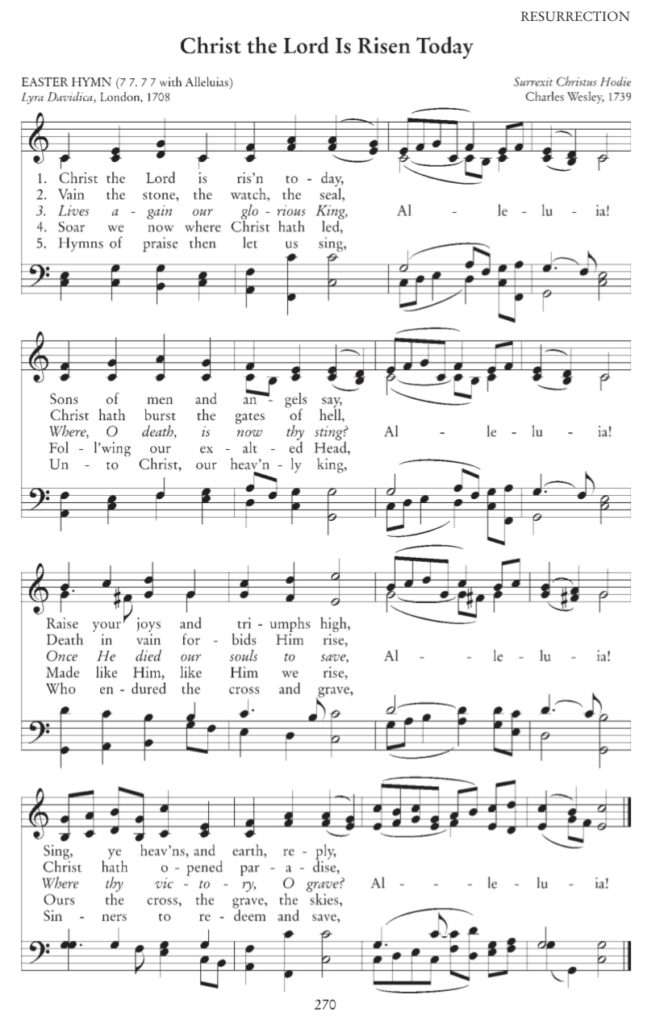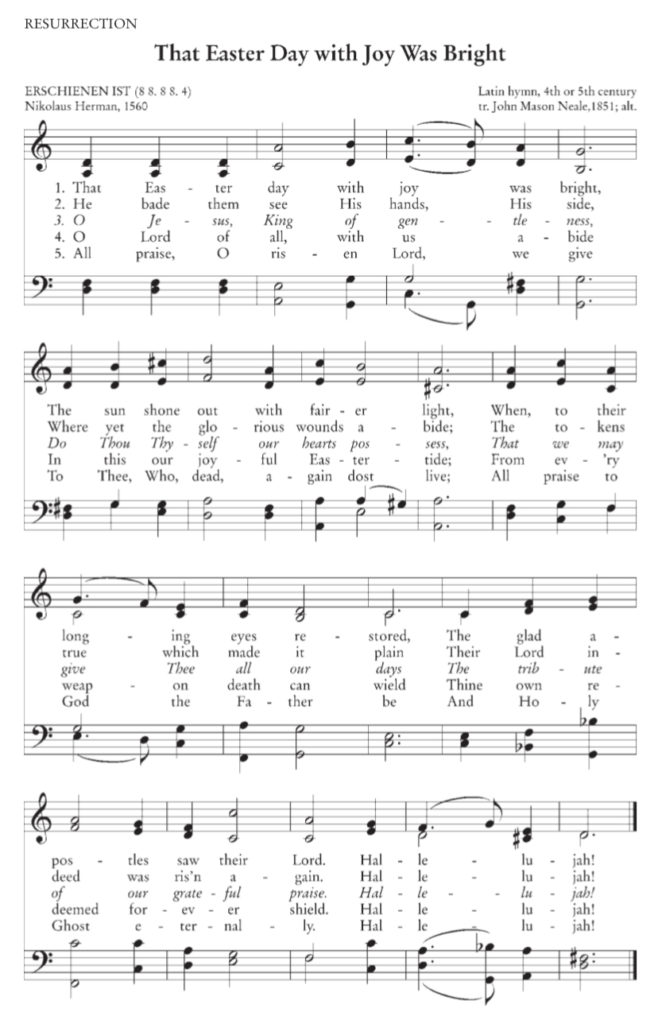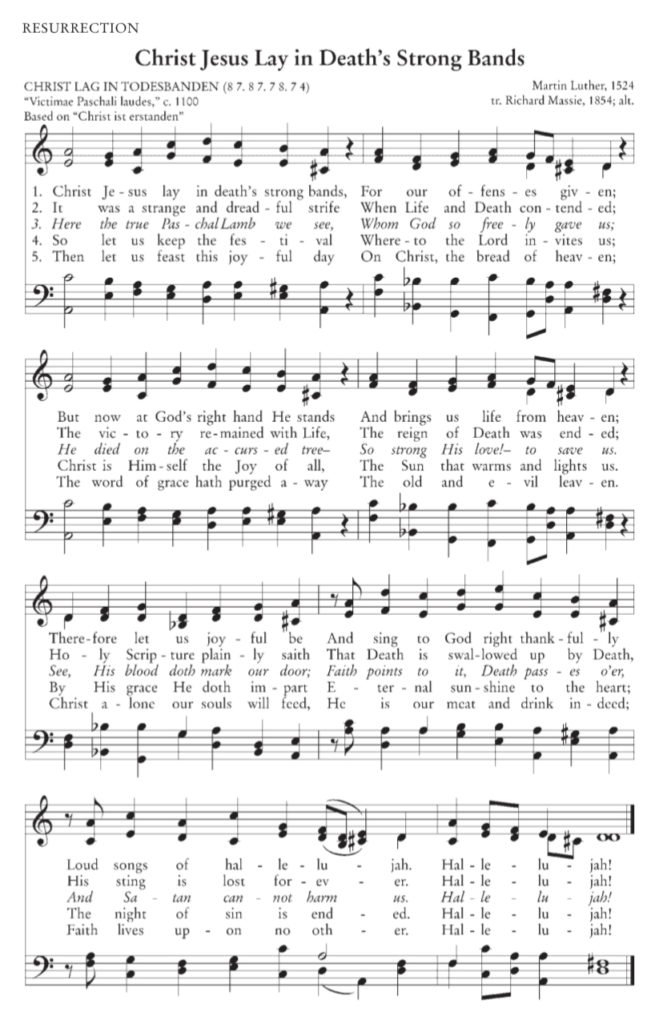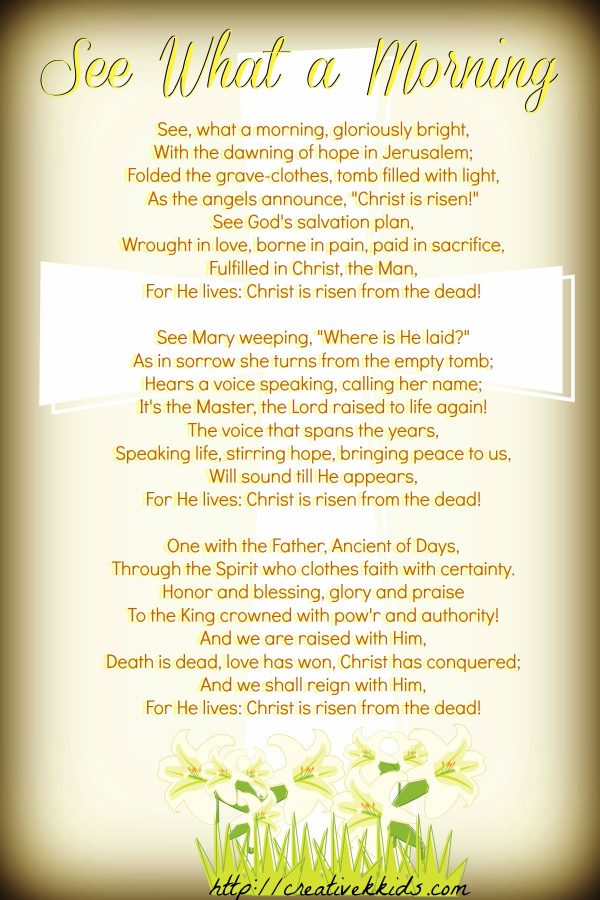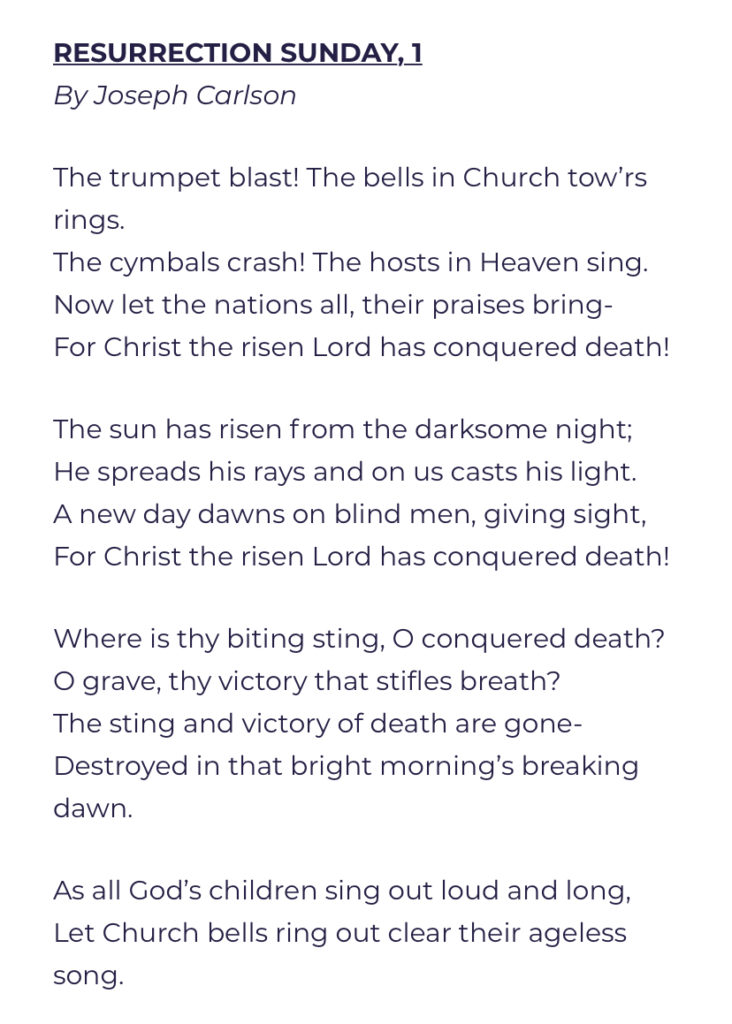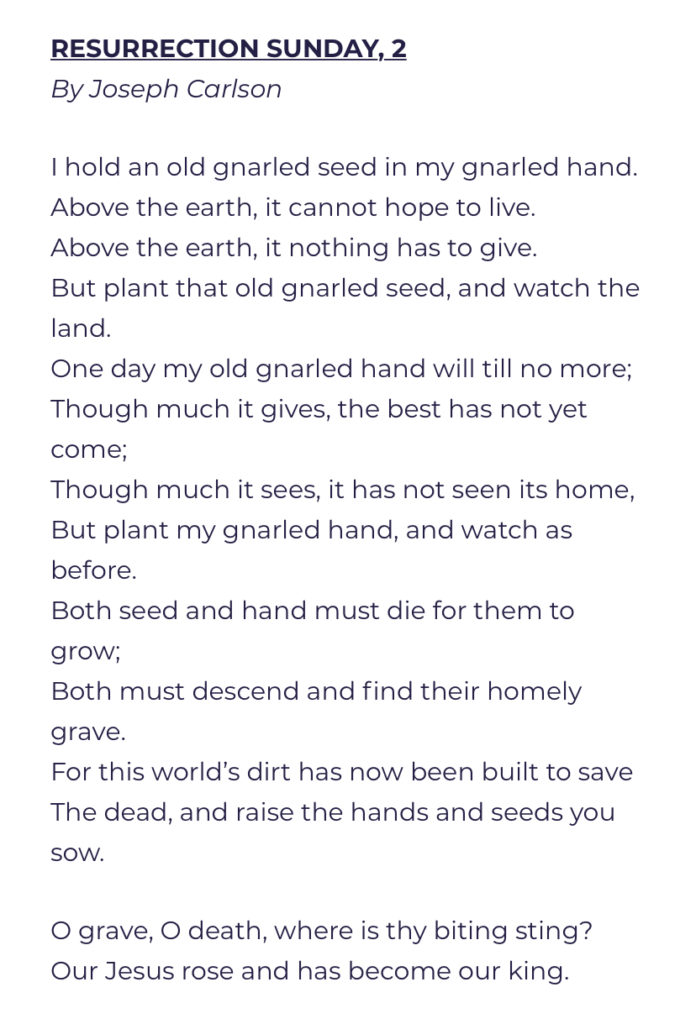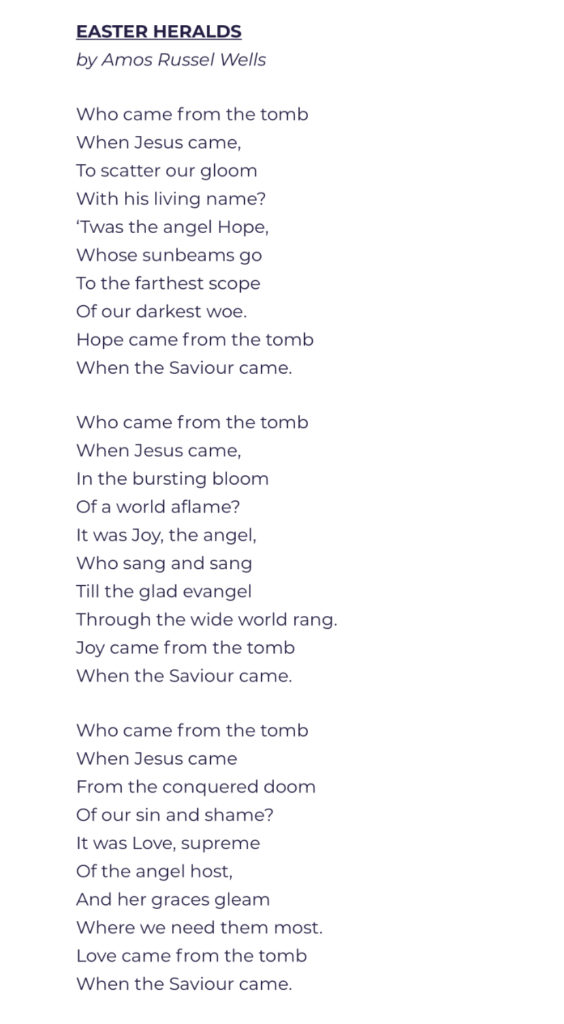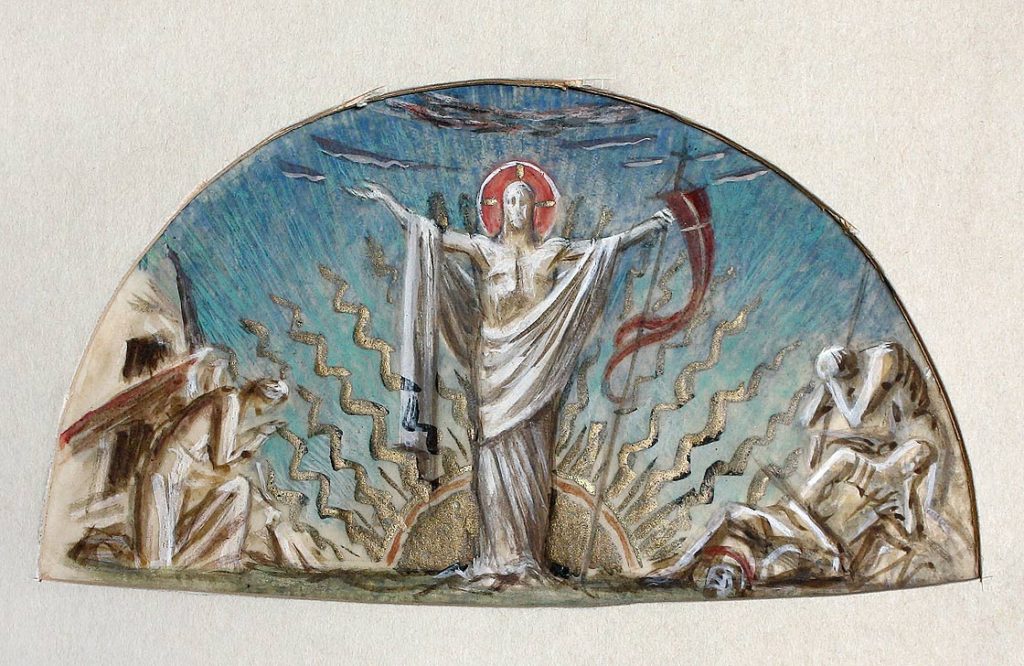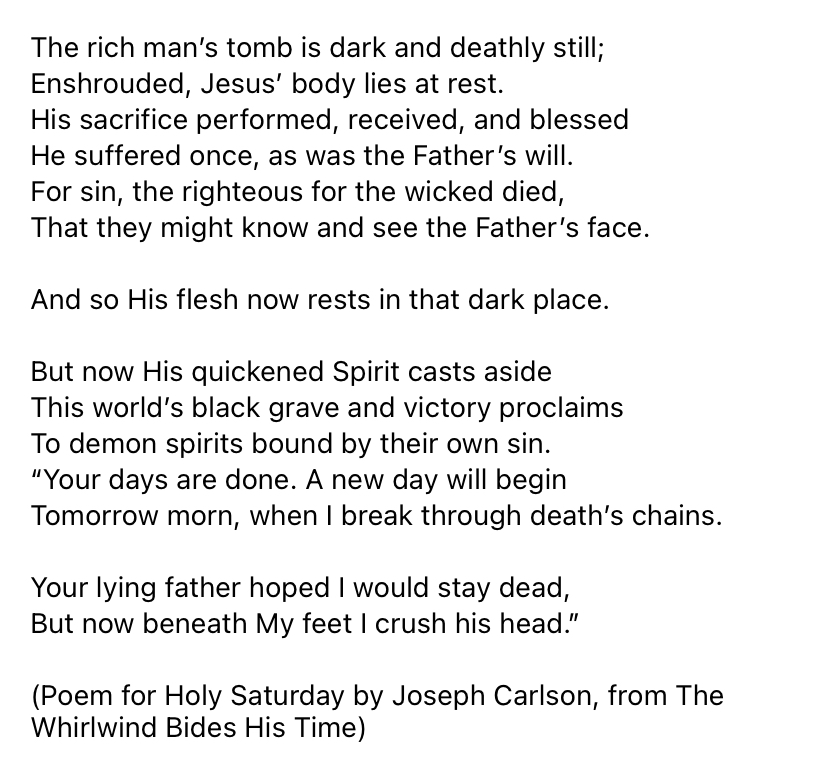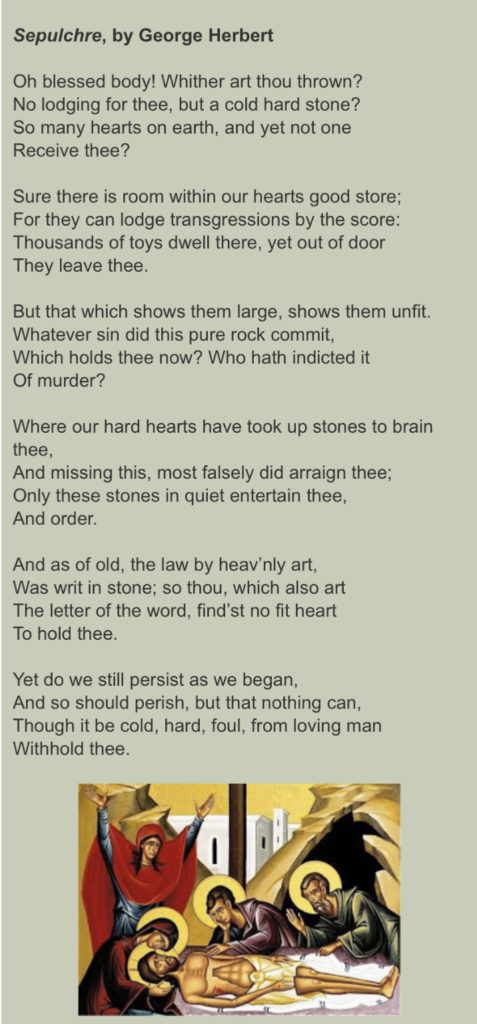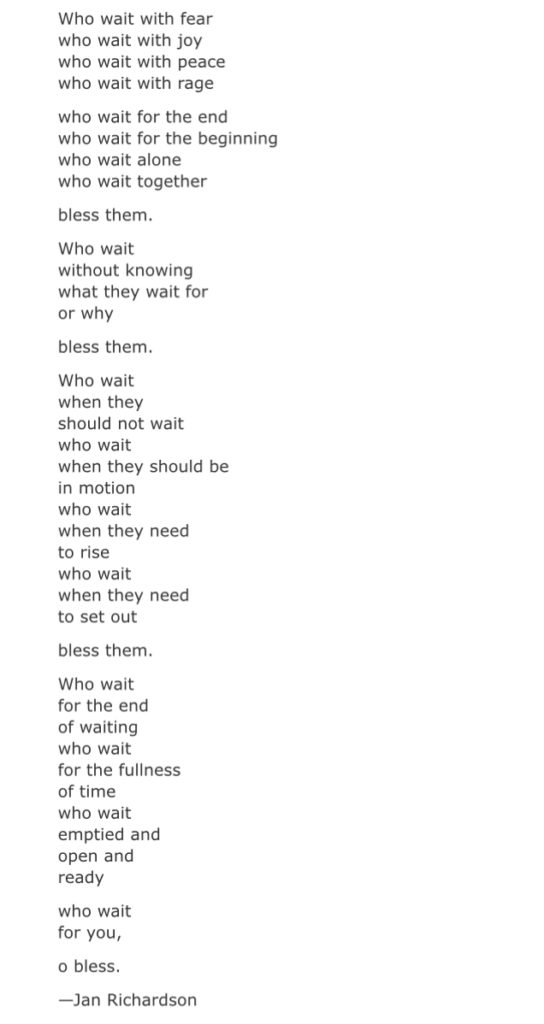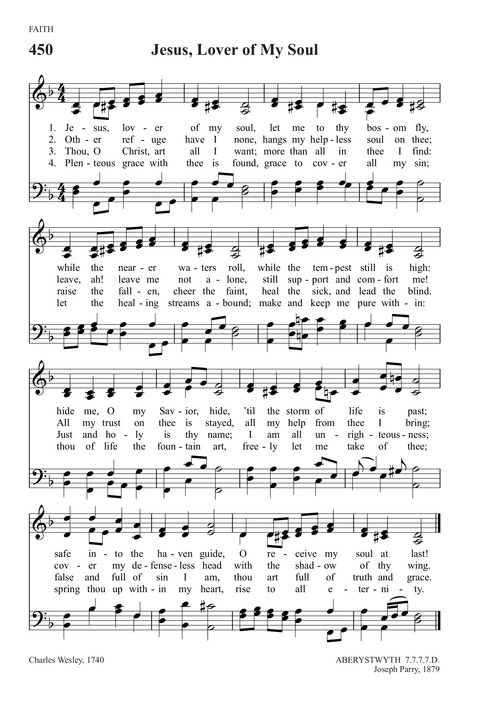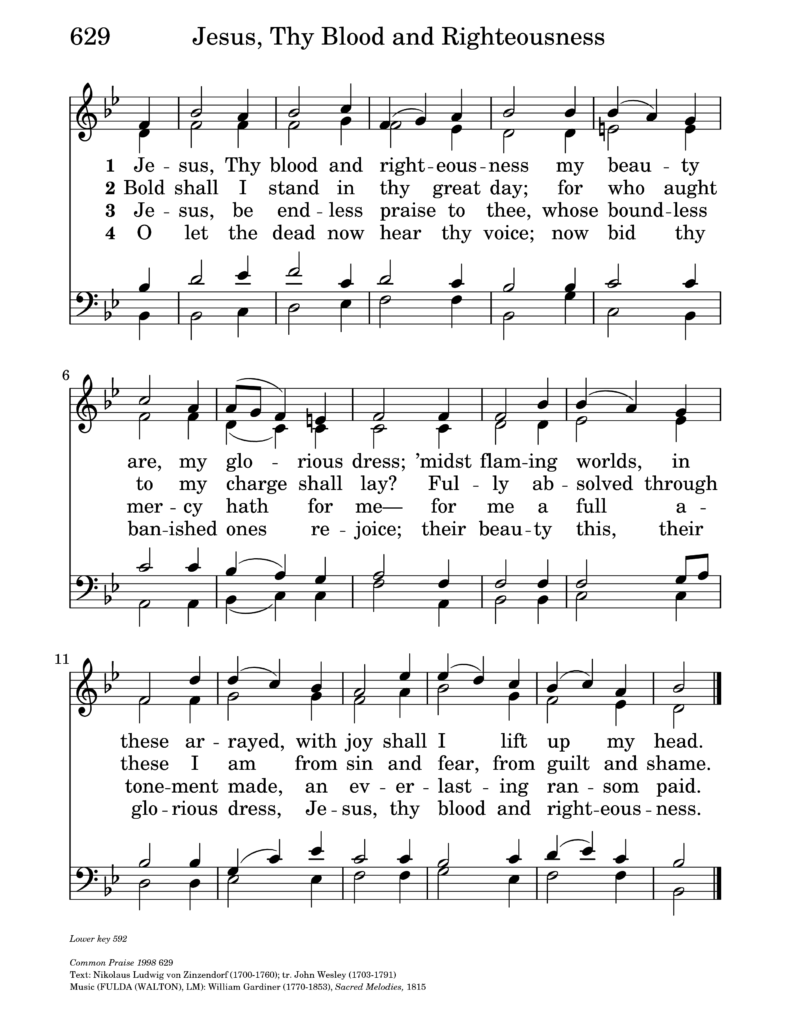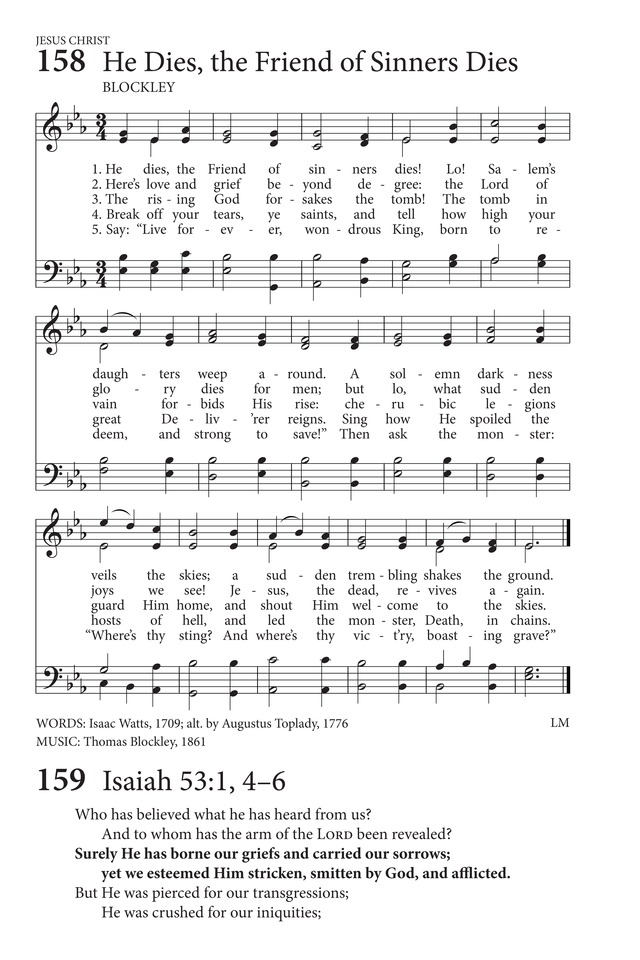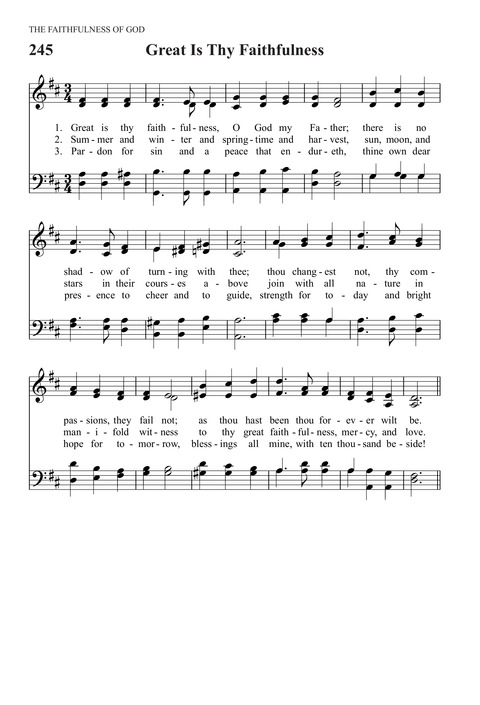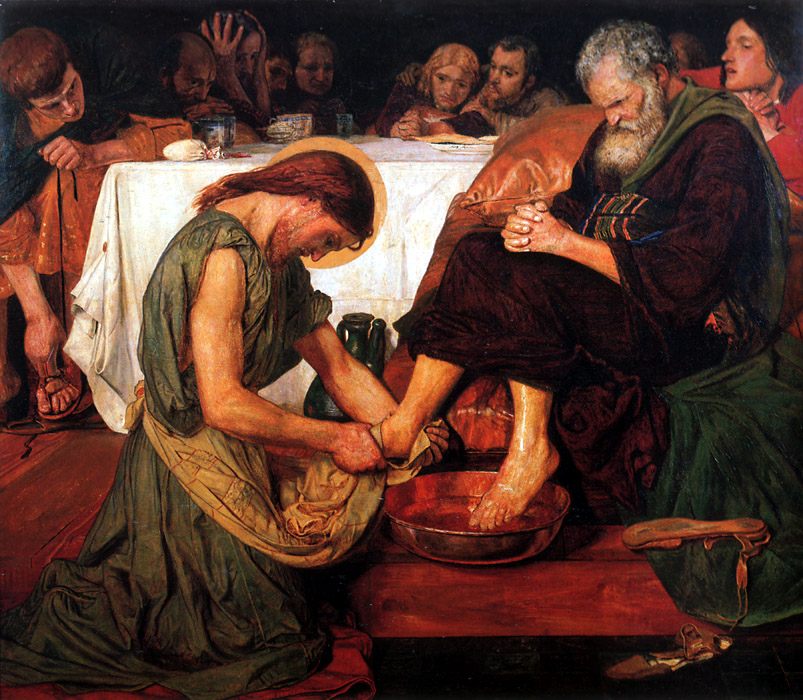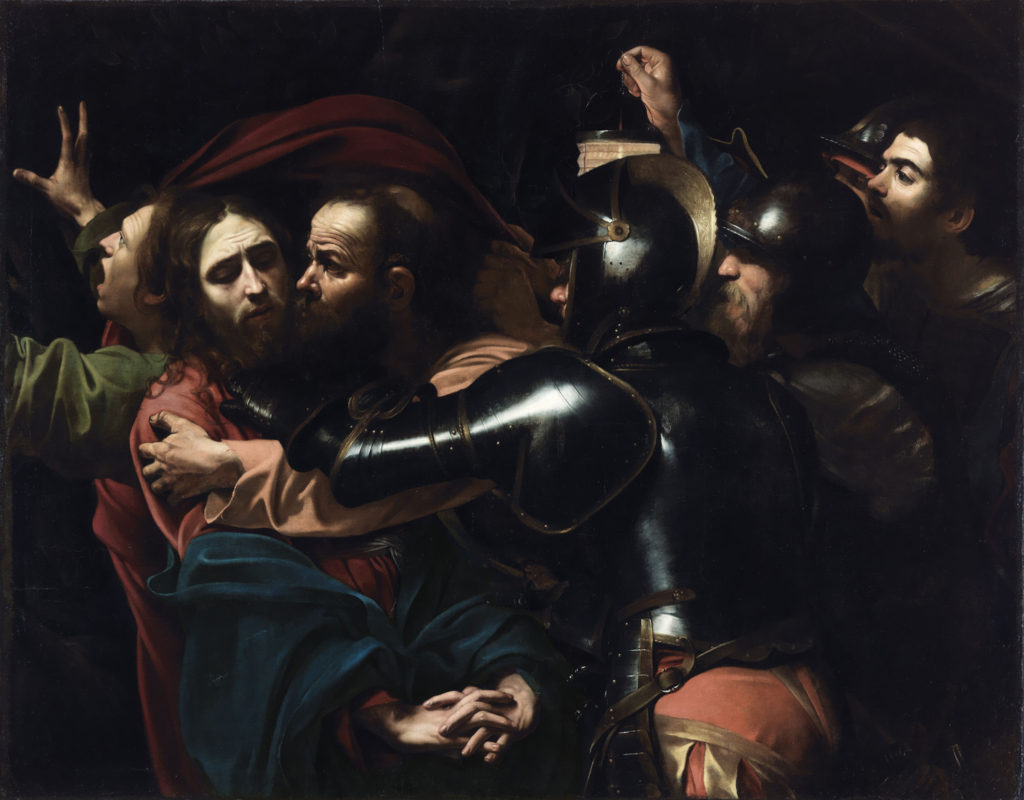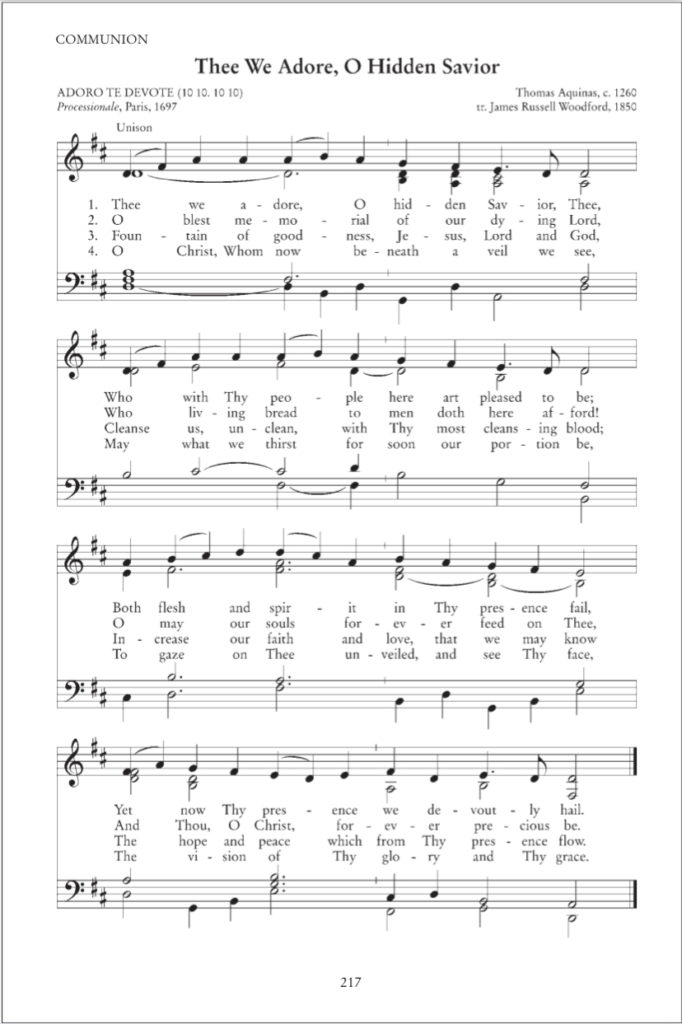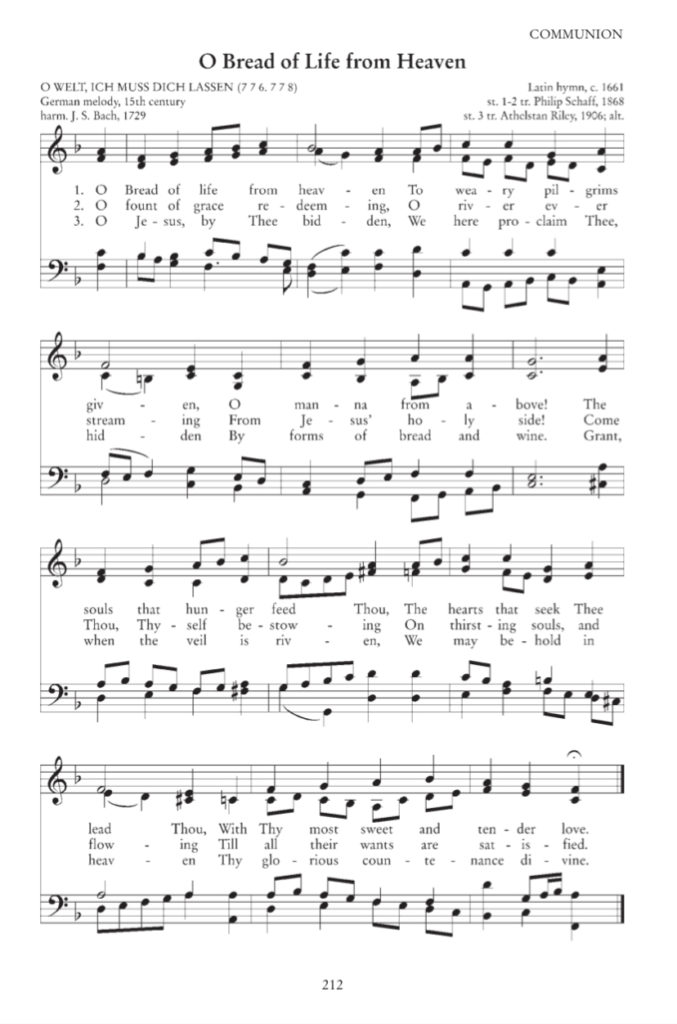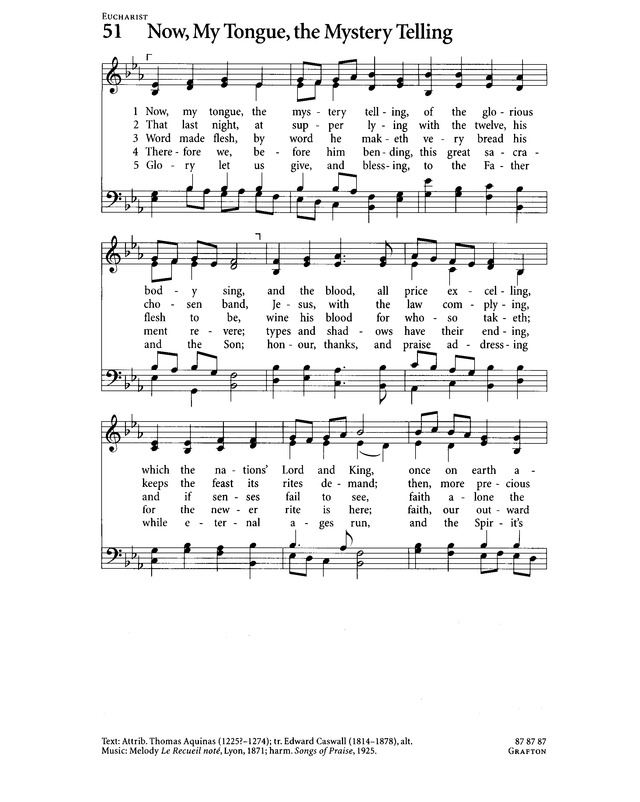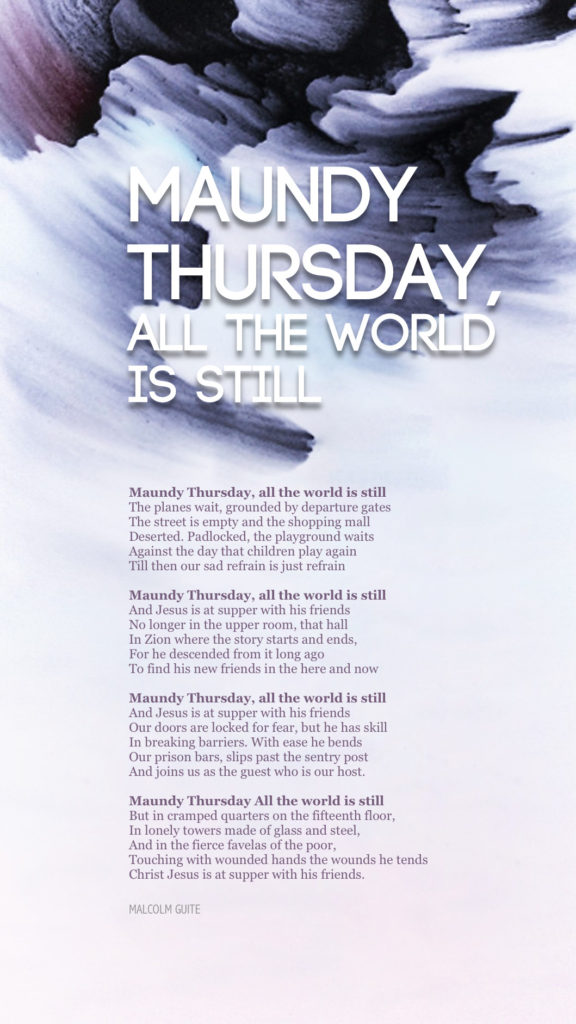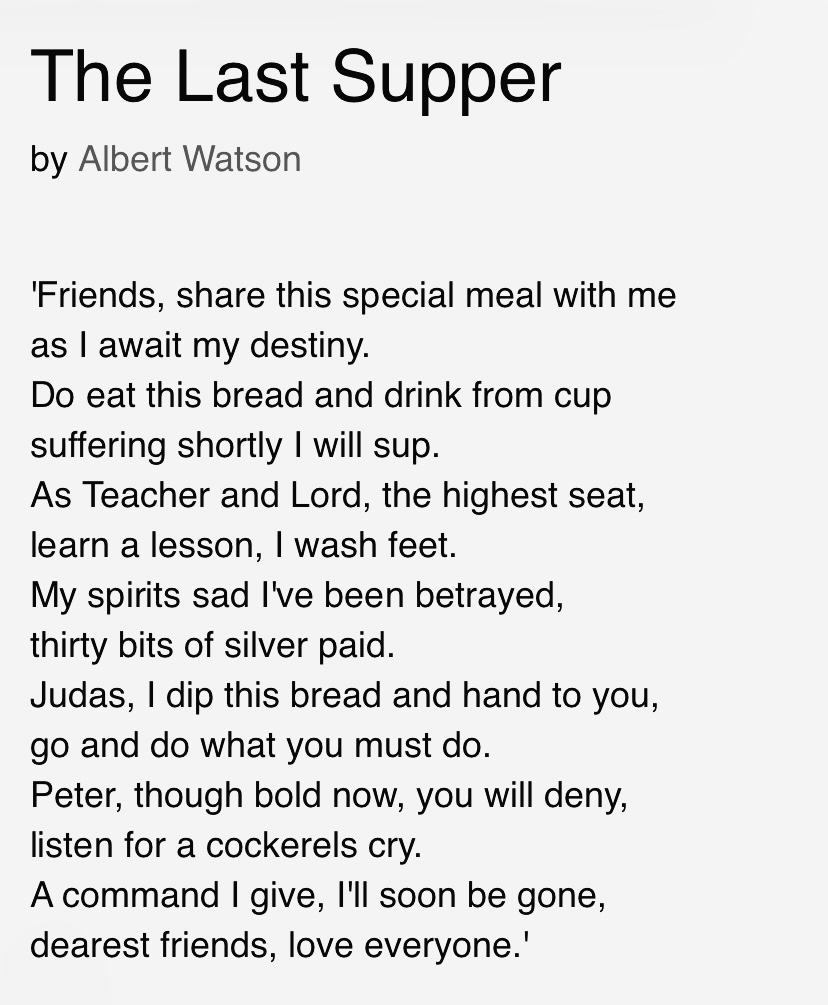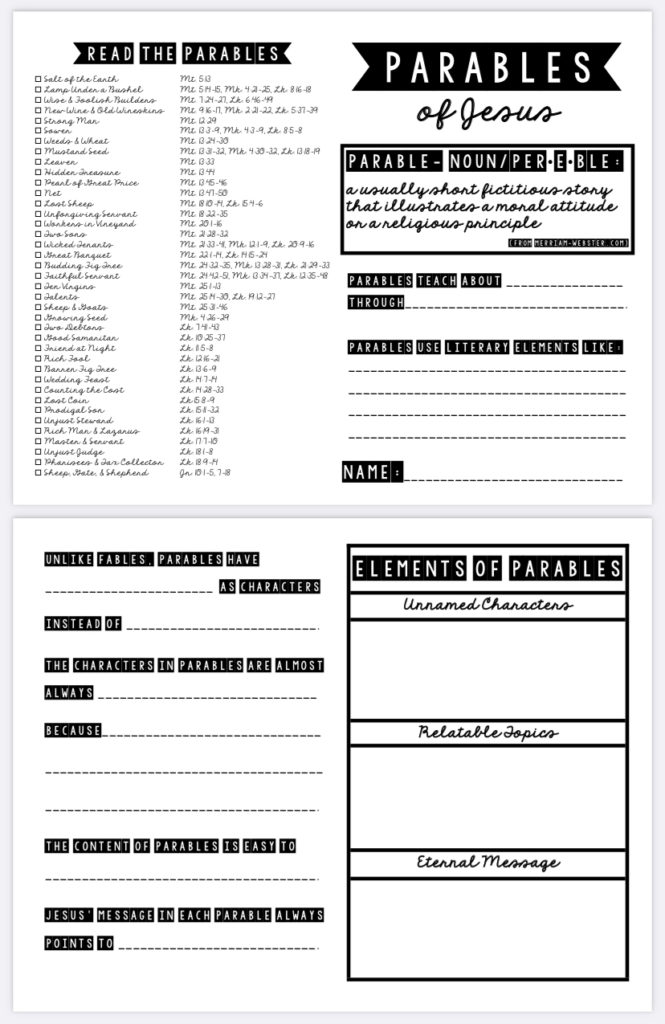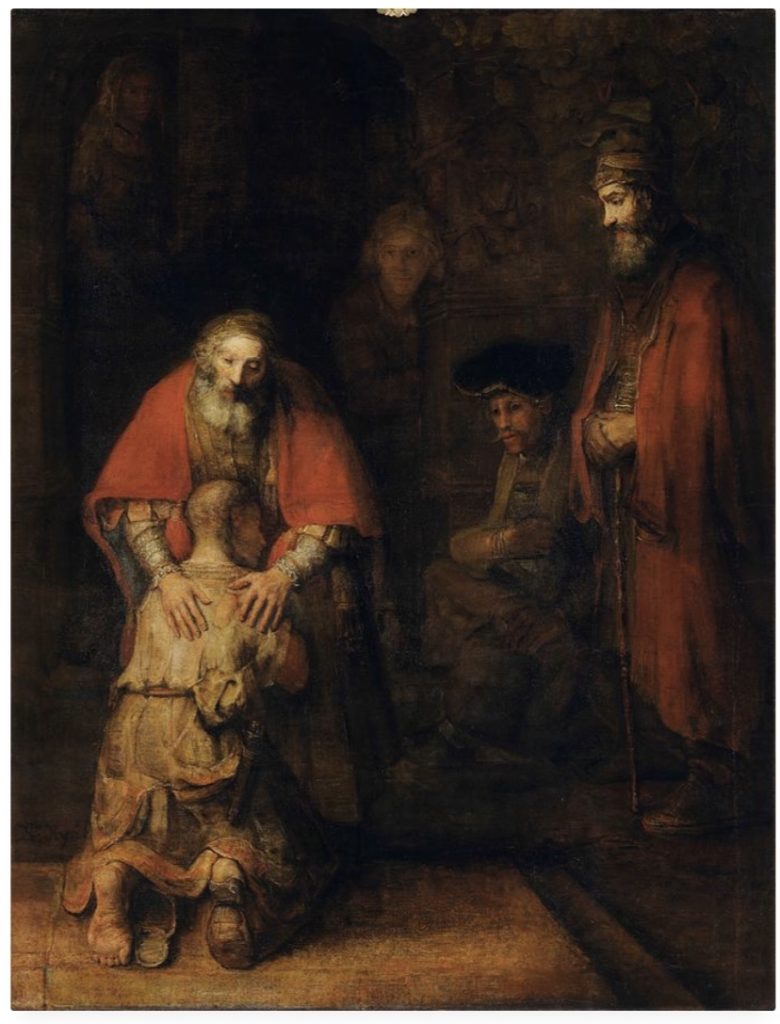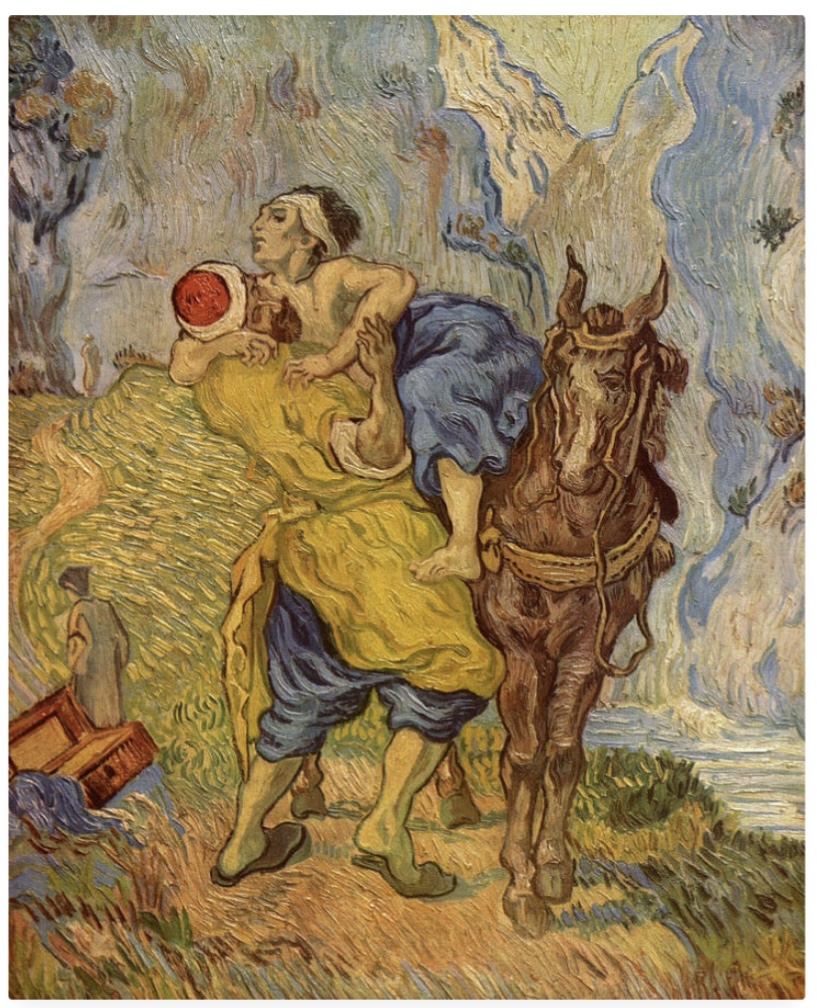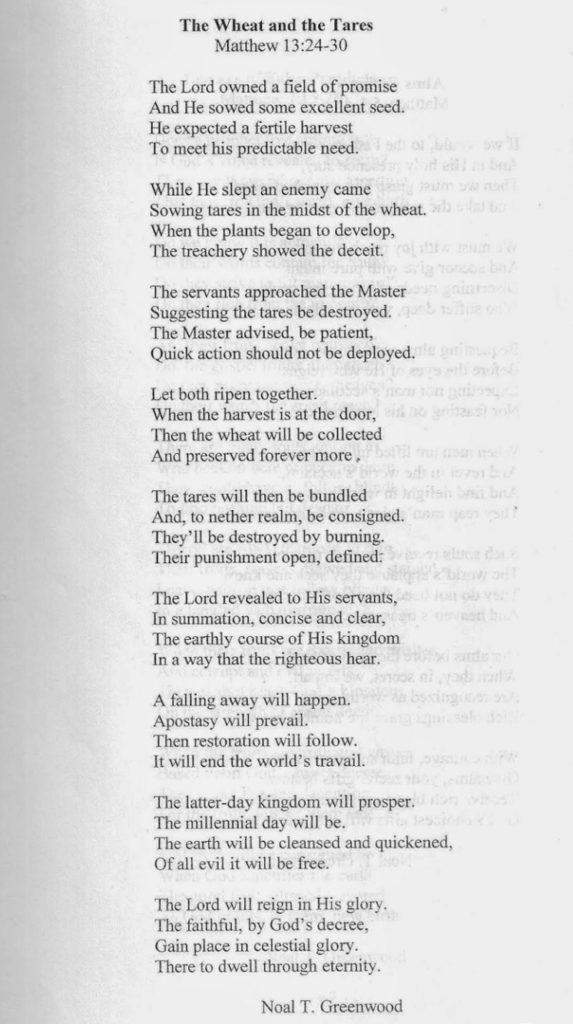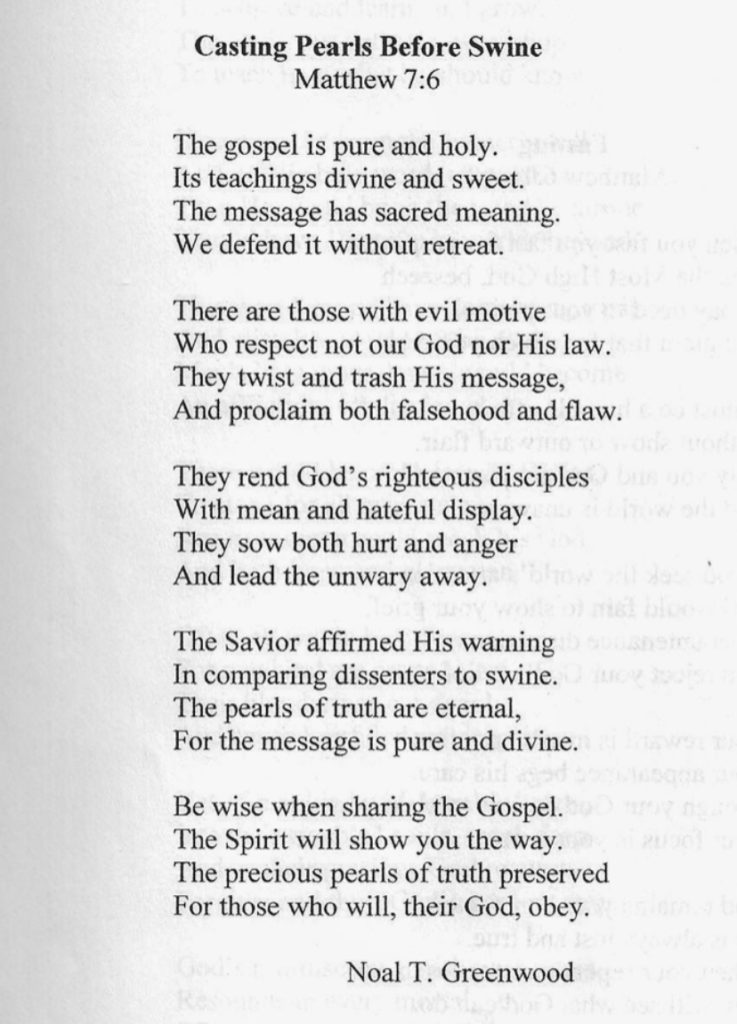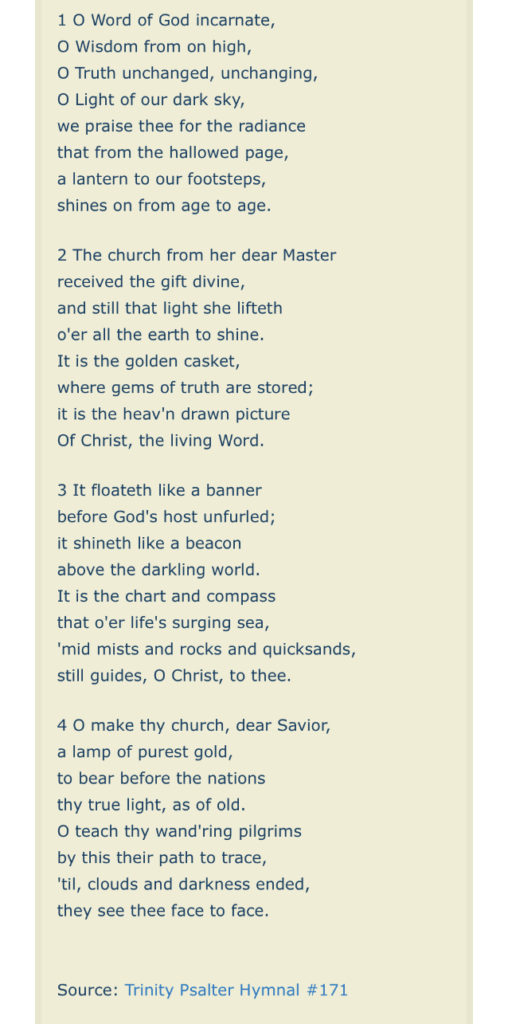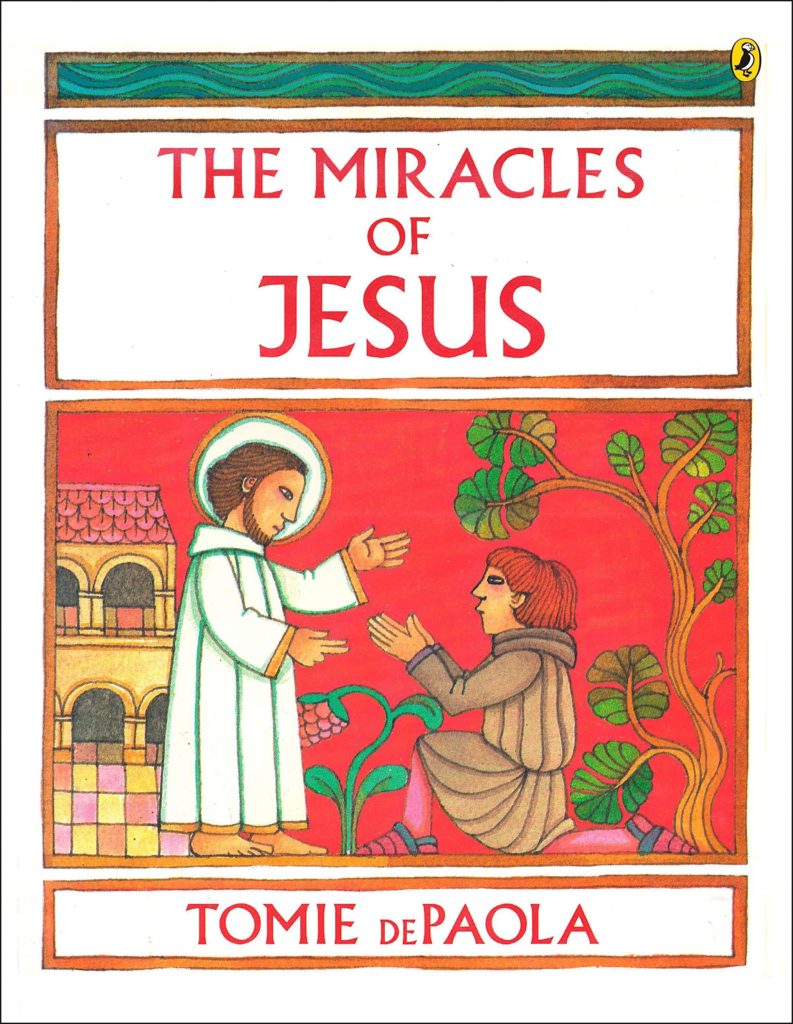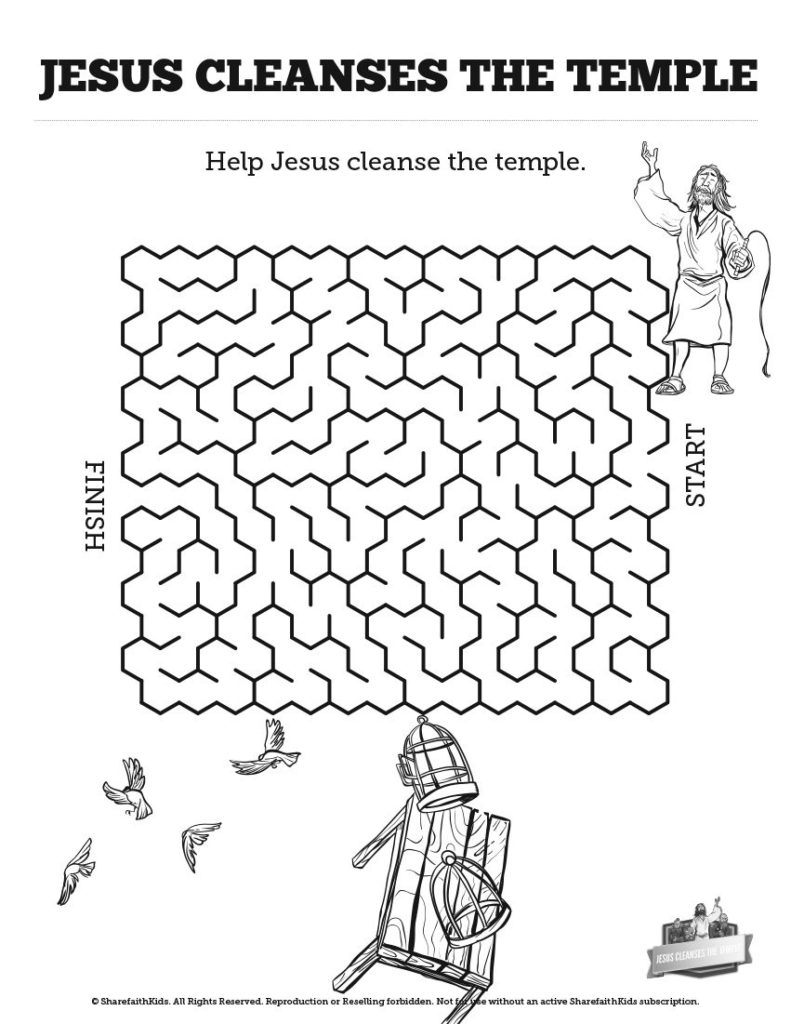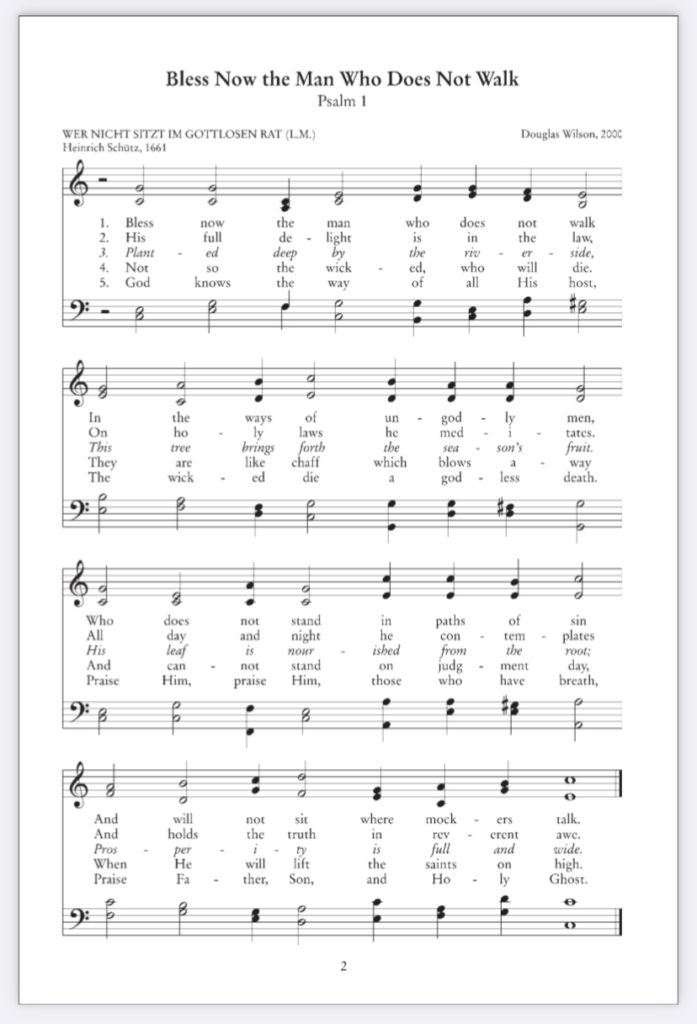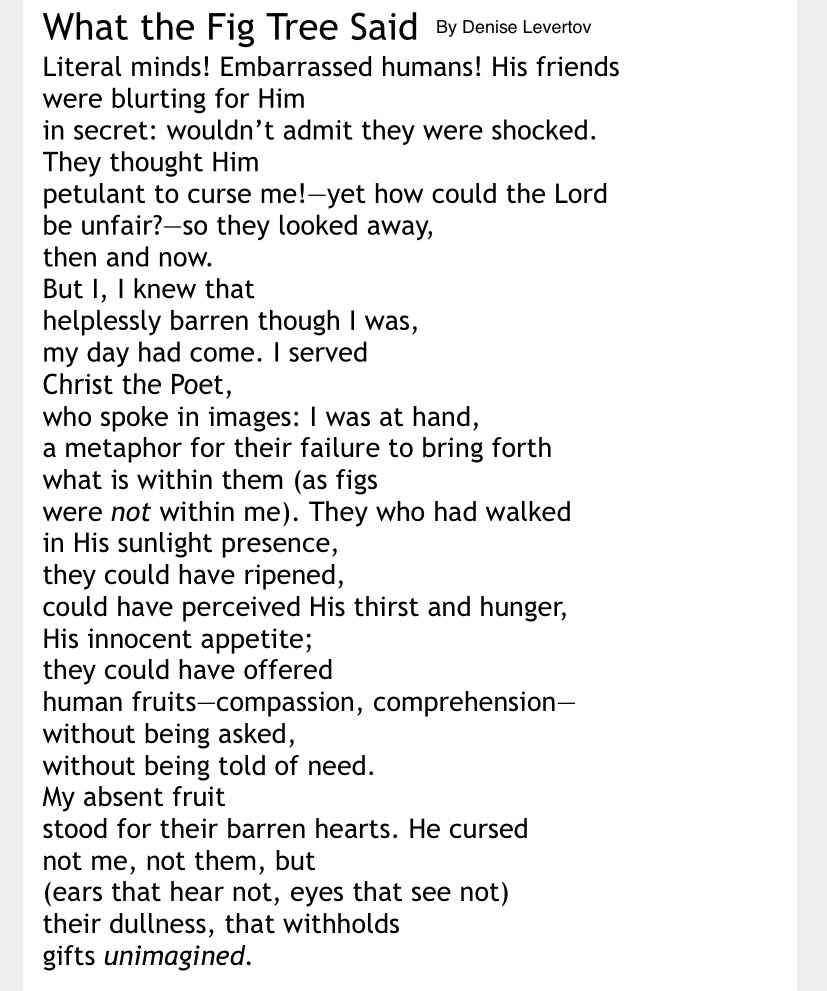(…continued from Aletheia, part seven…)
My friend and mentor Cindy Rollins says that “Motherhood is a place of dreamy hopes and crushed fantasies and the hard, hard work of sinners in relationship with each other day by day.” It is the truth about sin that makes us genuinely Christian mothers: we are sinners raising sinners, and we learn together about the life God calls us to: at the forefront being a life of humility and repentance and forgiveness and grace. Bear that in mind as we move forward.
Scripture is absolutely dripping with verses about children, childrearing, parenthood, and familial living. Familial terminology is in every book of the Bible, one way or another. There is no escaping it. One of my favorite places to get wisdom and encouragement for my entire Christian walk, including motherhood, is in the Psalms. Psalms 127 and 128 were some of the first Psalms I committed to memory using song, and I can not count the moments where I have just repeated them over to myself, or aloud to my children, as a way to wash us and fill us with the truth of the gospel.
“Behold, children are a heritage from the Lord, the fruit of the womb is a reward. Like arrows in the hand of a warrior, so are the children of one’s youth. Happy is the man who has his quiver full of them; they shall not be ashamed, but shall speak with their enemies in the gate.” (Psalm 127) “Blessed is every one who fears the Lord, who walks in His ways. When you eat the labor of your hands, you shall be happy and it shall be well with you. Your wife shall be like a fruitful vine in the very heart of your house, your children like olive plants all around your table. Behold, thus shall the man be blessed who fears the Lord.” (Psalm 128)
Okay, now, two things right out of the gate: when it says “man” in these chapters, let’s just agree not to get our skirts all rumpled about it; and also, let us remember that it is not the number of arrows which brings victory, but the potency with which they fly. Our God never quibbles over quantity, but rather uses the weak to confound the strong, the small to bring down the mighty. Straight arrows with stout hearts are those which fly true when released from the bow. If you have weak, crooked, splintery arrows, it doesn’t matter how many are loosed from the bow—they will not fly true and hit the target.
Psalm 139 is another beautifully poetic look at motherhood, more from the child’s perspective. And Proverbs is written from a father to his son (with a bit at the end from the mother), so of course there is much to be gleaned about parenting throughout that entire book, as well as basic Christian living and the importance of following lady wisdom and turning away from lady folly. Particularly good Proverbs to note when it comes to motherhood might be the following:
“Train up a child in the way he should go, and when he is old he will not depart from it.” (22:6)
“My son, keep your father’s commandment and forsake not your mother’s teaching.” (6:20)
“Listen to your father who gave you life, and do not despise your mother when she is old… Let your father and mother be glad; let her who bore you rejoice.” (23:22, 25)
“Hear, my son, your father’s instruction, and forsake not your mother’s teaching, for they are a graceful garland for your head and pendants for your neck.” (1:8-9)
As mothers, we have countless duties and responsibilities, but I like boiling it down to a few broad categories for discussion. We are called to bear fruit, to nourish, and to disciple. There are any number of ways to accomplish these goals, and the Lord is gracious to give each mother special skills and particular creativity. I also find one of the main ways God speaks of a mother in Scripture is as a comforter: a refuge, a place of rest and warmth and haven.
“As a mother comforts her child, so I will comfort you…” (Isaiah 66:13)
“But I have learned to feel safe and satisfied, like a young child in its mother’s arms.” (Psalm 131:2)
Bearing fruit is something God made us to do—and it doesn’t just mean that we are created to produce babies. It does include that, but it is not limited to that. We are to produce good fruit wherever our hands go to work. One of my favorite things I ever read was a section from Rachel Jankovic’s book Loving the Little Years, where she describes what a fruitful mother should look like. This was during a time when I was particularly struggling with not looking like a fresh, young sapling anymore—and reading her encouragement that I ought to look like someone who has borne fruit was somewhat mind-blowing to me. Such a simple thing, yet it stunned me. Of course I was like a fresh, young sapling at one time—and even after a couple of harvest seasons, I was still fairly flexible, trim, and aiming high. But once the apples began falling from my branches in subsequent years, it soon became undeniable that as my roots went deeper and my boughs got heavier, my bark got thicker and I became more stout. Also more rigid and brittle in places. But at that point, we have to realize that it becomes less about watering the tree and staking it up during winter storms, and more about faithfully gathering the apples up so they don’t rot on the ground or get eaten by critters. The tree gives up its own glory, and the attention is turned onto the glorious fruit. And this is good.
I have been called to be fruitful in sacrifice, and to sacrifice in my fruitfulness.
I am being physically and emotionally used up and spent in order to bear fruit—in the form of babies, yes, but then also in the longer work not just of bearing them from my body but bearing them through their childhoods. Now I bear their burdens alongside them. Some of the sacrifices I make are so easy they don’t even feel like sacrifices—other sacrifices are genuinely painful, but my job includes the joy & privilege of laying down my life in all the big & small ways to bear my children from year to year to year. Nurturing and nourishing them, in body and mind and soul.
(…continued in Aletheia, part nine…)


